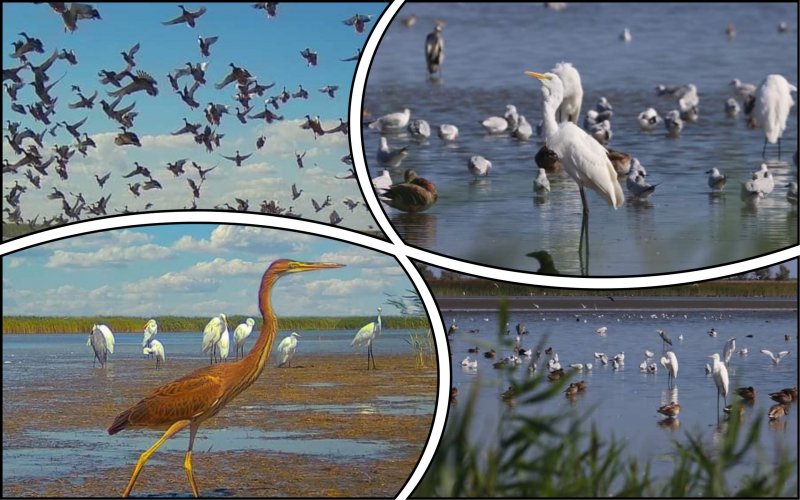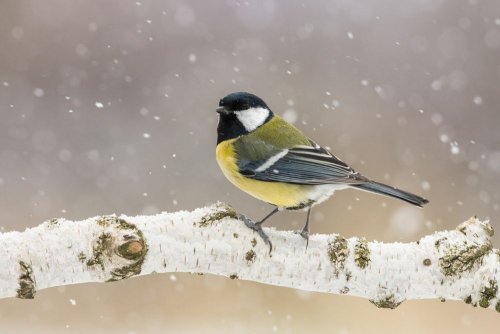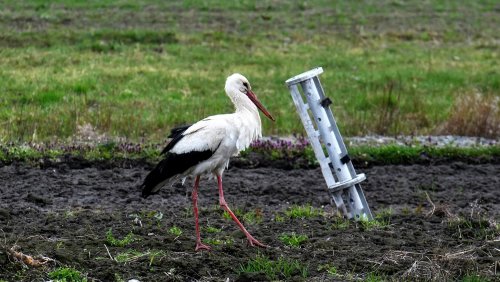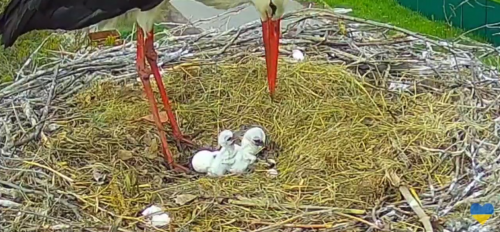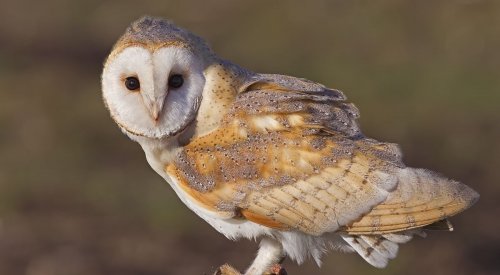In Odesa, the active migration of birds, in particular great white and red herons, various types of ducks, has begun in the national natural park "Tuzlivski Lymani".
Some of the white herons may stay in the estuaries for the winter, and if it is very cold, they will later fly south, he said national park biologist and ecologist Ivan Rusev on his Facebook page.
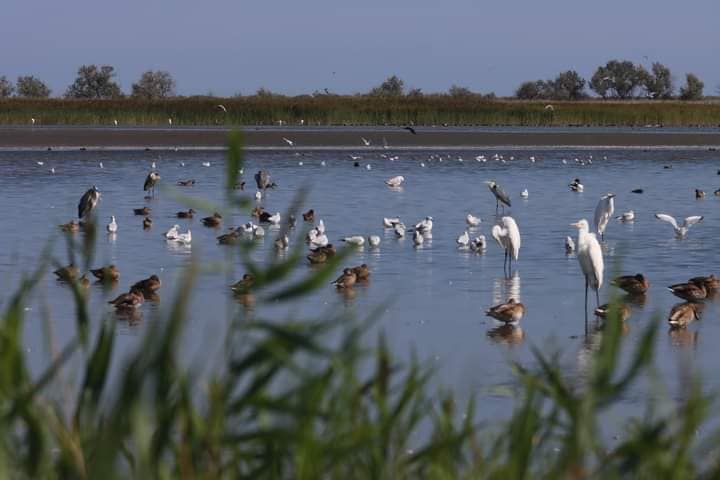
He noted that they are big white herons are busy looking for food all day. Thus, they hunt fish in water, insects and lizards on land, and frogs near reeds. In the evening, the birds settle down for the night in the crowns of trees on the sea coast.

"So they rest until dawn, but when there are night or dawn powerful noises from the war, the sensitive birds instantly fly away. Some of them return to finish the night, and some of them already start looking for places for hunting in the morning," he said. Rusev
The biologist added that the warm summer of 2023 contributed to the formation of rich and tasty food for various species of birds. Therefore, there are especially many ducks of various species in the estuaries, among which mallards dominate. They feed both on mown grain fields and in the shallow waters of estuaries, and they spend the night and fly to one of the desalinated Tuzliv estuaries to drink water.
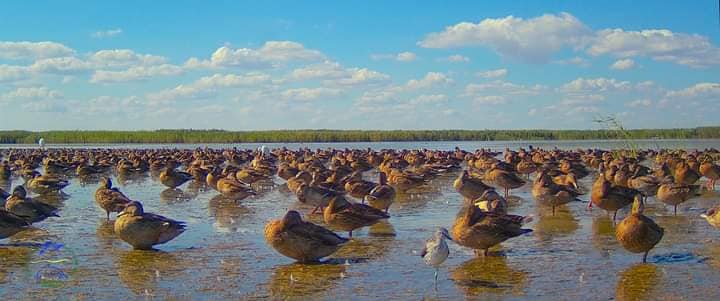
"In one flock of such ducks there are up to 5 thousand or more. And they are not very scary, because there has been no hunting for two years and no one bothers them, except for explosions," he said.
Rusev also said that red herons also flew to the estuaries in search of food and rest. These birds are found in the national park during the spring and autumn migration flights from Africa. However, they are very scary and from the sounds of explosions, some of them leave the estuaries and look for more peaceful places.
As EcoPolitic reported earlier, in May over 10,000 migrating waders flew to the national natural park "Tuzlivski lymani" in Odesa.

